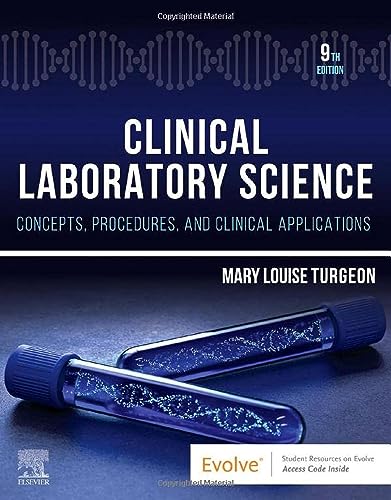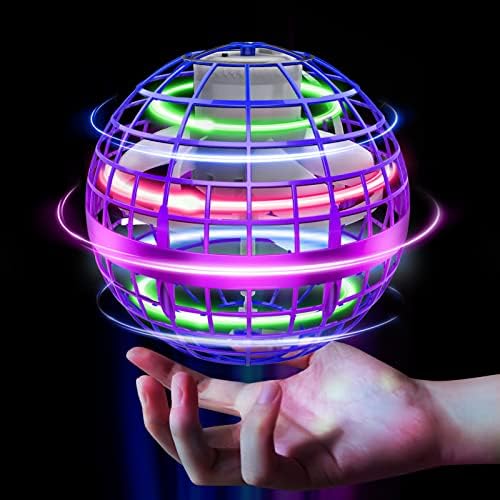Revolutionizing Clinical Lab Science: Concepts, Procedures, and Applications
Clinical Laboratory Science: Concepts, Procedures, and Clinical Applications (CLSCPCA) is a comprehensive guide that explores the fundamental concepts, procedures, and clinical applications in the field of clinical laboratory science. This textbook serves as a valuable resource for students and professionals in the healthcare industry, providing in-depth knowledge and understanding of the scientific principles and analytical techniques used in clinical laboratory settings.
CLSCPCA covers a wide range of topics, including laboratory safety, quality assurance, laboratory mathematics, basic and advanced laboratory techniques, and the interpretation of laboratory results. The book also delves into the various laboratory disciplines, such as hematology, clinical chemistry, microbiology, immunology, and molecular diagnostics, providing a holistic view of the field.
With its emphasis on practical application, CLSCPCA includes numerous case studies and real-world examples that illustrate the relevance of laboratory science in diagnosing and monitoring diseases. Additionally, the textbook offers step-by-step procedures for conducting common laboratory tests, ensuring that readers develop the necessary skills for accurate and efficient laboratory practice.
Overall, CLSCPCA is an essential reference for anyone pursuing a career in clinical laboratory science, offering a comprehensive overview of the concepts, procedures, and clinical applications that form the backbone of this crucial healthcare profession.
Clinical Laboratory Science: Concepts, Procedures, and Clinical Applications
Clinical Laboratory Science, also known as Medical Laboratory Science, is a field that plays a crucial role in healthcare. It involves the analysis and diagnosis of various medical conditions through laboratory procedures and tests. Clinical Laboratory Scientists, also referred to as Medical Laboratory Scientists or Medical Technologists, are highly skilled professionals who perform these tests and provide accurate results that aid in patient care.
The Concept and Procedures of Clinical Laboratory Science
Clinical Laboratory Science encompasses a wide range of laboratory techniques and procedures. These include analyzing blood, urine, and other body fluids to identify abnormalities, performing tests to detect infectious diseases, and examining tissue samples for the presence of cancerous cells. Clinical Laboratory Scientists are trained to use sophisticated equipment and instruments to carry out these tests accurately and efficiently.
The process starts with the collection of samples, which are then prepared for analysis. This involves various techniques such as centrifugation, staining, and culturing. The samples are then subjected to a series of tests, which may include chemical analysis, microscopy, and molecular testing. The results obtained from these tests are carefully interpreted and reported to the healthcare providers, who use them to make informed decisions regarding patient treatment and management.
Clinical Applications and Importance
Clinical Laboratory Science has a significant impact on patient care and treatment. The accurate and timely results obtained from laboratory tests aid in disease diagnosis, monitoring of treatment effectiveness, and screening for potential health risks. It helps in identifying bacterial or viral infections, determining the best course of antibiotic therapy, and monitoring the progression of chronic diseases such as diabetes or kidney disease.
Moreover, Clinical Laboratory Science contributes to research and development in the medical field. It helps in identifying new disease markers, studying genetic mutations, and understanding the effectiveness of new drugs or therapies. The field is constantly evolving, with advancements in technology leading to the development of more sophisticated testing methods.
In conclusion, Clinical Laboratory Science is an integral part of healthcare. It involves the analysis of various samples using specialized techniques and instruments. The results obtained from these tests are vital in diagnosing diseases, monitoring treatment, and conducting medical research. Clinical Laboratory Scientists play a crucial role in providing accurate and reliable information for patient care.
Clinical Laboratory Science
Publisher: Elsevier; 9th edition (November 7, 2022)
Language: English
Paperback: 704 pages
ISBN-10: 0323829341
ISBN-13: 978-0323829342
Reading age: 1 year and up
Item Weight: 2.31 pounds
Dimensions: 8.4 x 1 x 10.9 inches







